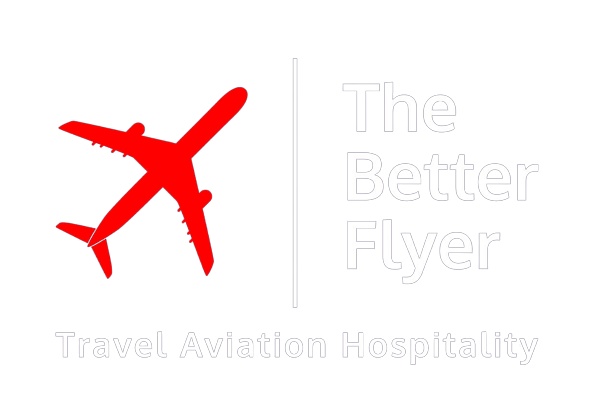Robert L. Johnson, better known as Bob Johnson, the founder and CEO of BET, was at the forefront of a potentially historic aviation endeavor. His vision: to launch DC Air through a merger between United Airlines and US Airways, marking the first Washington-Reagan based airline and the first African-American-owned airline in the United States.
Background – US Airways Was Struggling
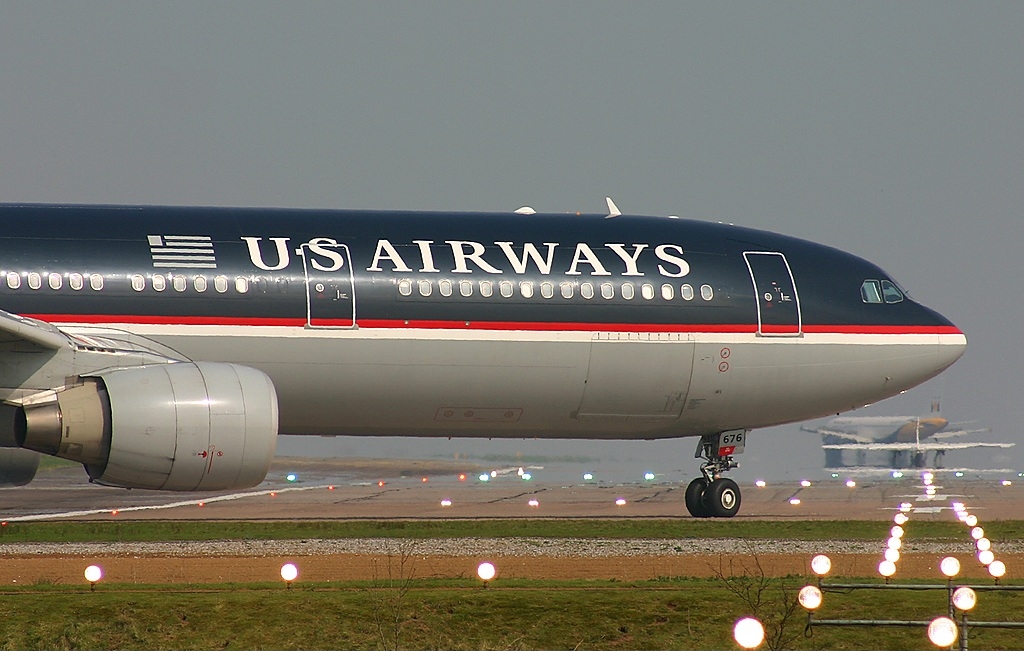
Fierce competition on the east coast combined with an unfortunate series of incidents led to US Airways struggling to survive. Like many companies that encountered serious financial difficulties, US Airways sought a merger deal that would ensure their survival in the aviation industry. The solution appeared to be a deal with United Airlines, accompanied by a side agreement with Johnson, aiming to alleviate antitrust concerns and pave the way for DC Air.
DC Air Emerges From The Negotiation
The merger between US Airways and United contained a unique proposal. United and US Airways would guarantee a lease of facilities at DCA (Reagan National Airport) to a newly-formed carrier called DC Air. American Airlines would then partner with the airline to provide aircraft and crews. The proposed airline would serve up to 44 cities from its DC hub with over 120 flights a day. Johnson’s venture promised not only to introduce his innovative approaches that he honed in the entertainment industry but also to symbolize a milestone in minority-owned business ventures in aviation.
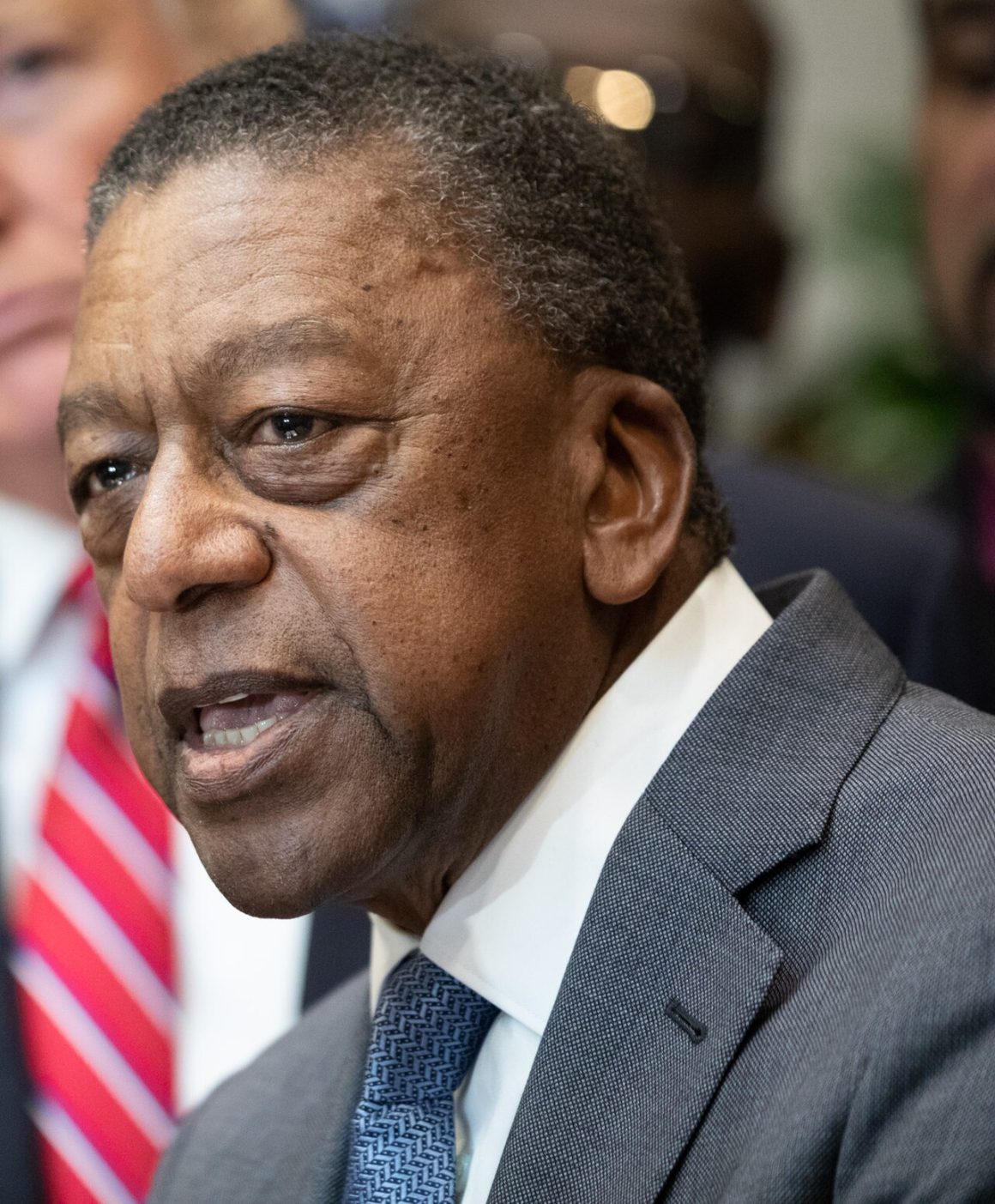
Johnson announced in May 2000, that DC Air would form as part of the merger between United Airlines and US Airways. The two large merging carriers were going to part with a portion of their assets in order to ensure regulatory approval and avoid any antitrust concerns. The airline, which would have been called “DC Air” was intended to be a regional airline with its operations in the Ronald Reagan National Airport in Washington DC, serving a total of forty-four cities with a hundred and twenty-two daily departures. Aside from the innovations that would have been introduced to the airline by the legendary entrepreneur Bob Johnson, both politicians and the common people looked forward to the merger deal and the emergence of DC Air.
American Airlines Joins The Fray
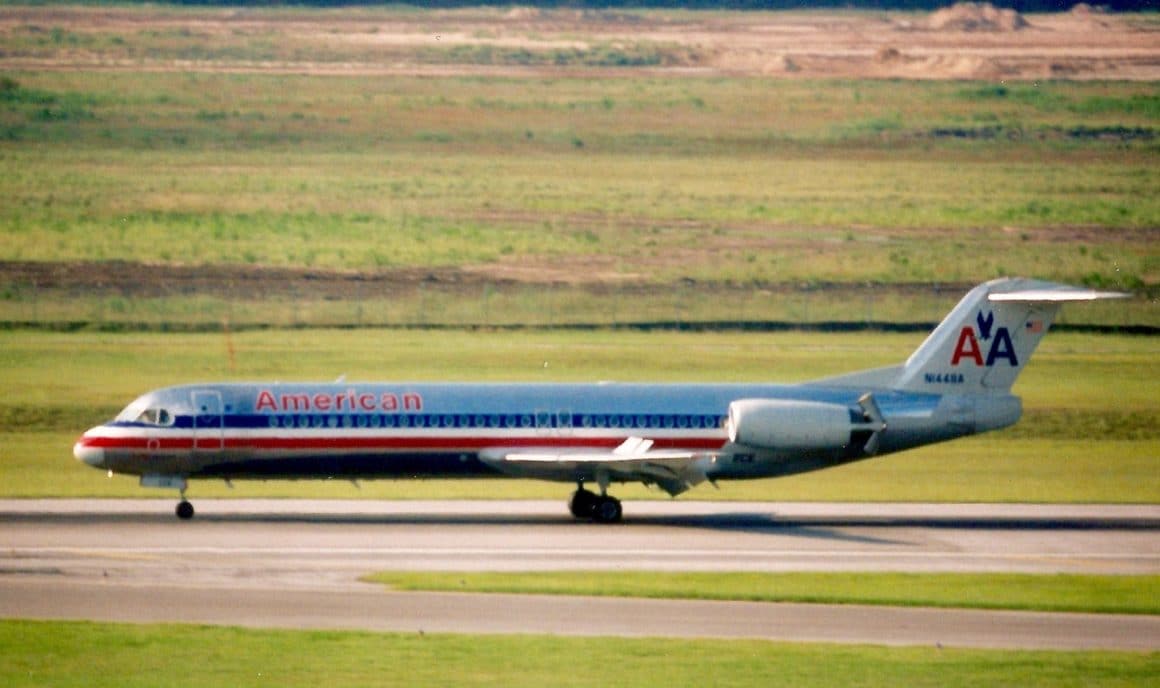
As part of the deal, American Airlines was going to ‘wet lease’ 11 Fokker F100s to DC Air and take a significant minority stake in the new airline. In a 2001 filing, American stated:
American has agreed to acquire a 49 percent stake in, and to enter
into an exclusive marketing agreement with, D.C. Air, LLC (DC Air). American has agreed to pay $82 million in cash for its ownership stake. The Airline will have a right of first refusal on the acquisition of the remaining 51 percent stake in DC Air. American will also lease to DC Air a certain number of Fokker 100 aircraft with necessary crews (known in the industry as a “wet lease”). These wet leased aircraft will be used by DC Air in its operations. DC Air is the first significant new entrant at Ronald Reagan Washington National Airport (DCA)
in over a decade. DC Air will acquire the assets needed to begin its DCA operations from United/US Airways upon the consummation of the merger between the two carriers. American’s investment in DC Air and the other arrangements described above are contingent upon the consummation of the merger between United and US Airways and upon execution of definitive documentation between DC Air and United (which has not yet occurred).
The Deal Faced Skepticism But Johnson Was Confident
Bob Johnson was, at the time and remains to this day, a renowned entrepreneur. Even before he decided to be involved in a merger deal with two airlines and form a new one, he founded Black Entertainment Television, which was an entertainment television that was focused on appealing to African American audiences in America. Not only did he spearhead and found BET, but he also succeeded in making it a huge success and later selling the entertainment company for over $3 billion dollars. While he was successful in entertainment, many were skeptical of his ability to replicate that success in the airline industry.
Problems From The Start That Were Larger Than The DC Air Startup
The exact details of the reason why the deal fell through were complicated and much bigger than just DC Air. From the onset, the United and US Airways tie up faced challenges. There were many concerns about the size of the merged airline. Politicians voiced their opposition to the plan stating on numerous occasions that it would not be beneficial to the consumer. Unions worried about possible job cuts from the merger. Shareholders and analysts also expressed concern as they cited poor performance by US Airways and the state of their operation at the time. The US Airways and United merger drama played out in the media and in DC. It was eventually scuttled, thus DC Air which was mostly contingent on the success of the tie up, never happened. There was other skepticism about the deal though according to a Washington Post article from the time.
The Washington Post reported in 2001 that an unnamed member of the US Airways board of directors and Johnson never convinced decision-makers that the BET-founder was prepared to run an airline with such a complicated founding.
It was also rumored that regulators were also skeptical of the merger deal because they had concerns that DC Air would be unable to maintain its independence and stand on its own as an airline. The merger agreement involved DC Air leasing facilities and maintenance services from United Airlines for a period along . American would purchase minority ownership and lease aircraft to the startup Critics maintained that the dependencies inherit in the airline’s makeup would keep DC Air at the mercy of its competitors well after the proposed merger between United and US Airways.
Aftermath of the deal falling through
After the merger failed, the financial problems of US Airways persisted and got worse. In August 2002, following the attacks on September 11th, they filed for bankruptcy. Then the struggling airline filed for bankruptcy again in 2003, earning quite a reputation by filing for bankruptcy twice in just two years.
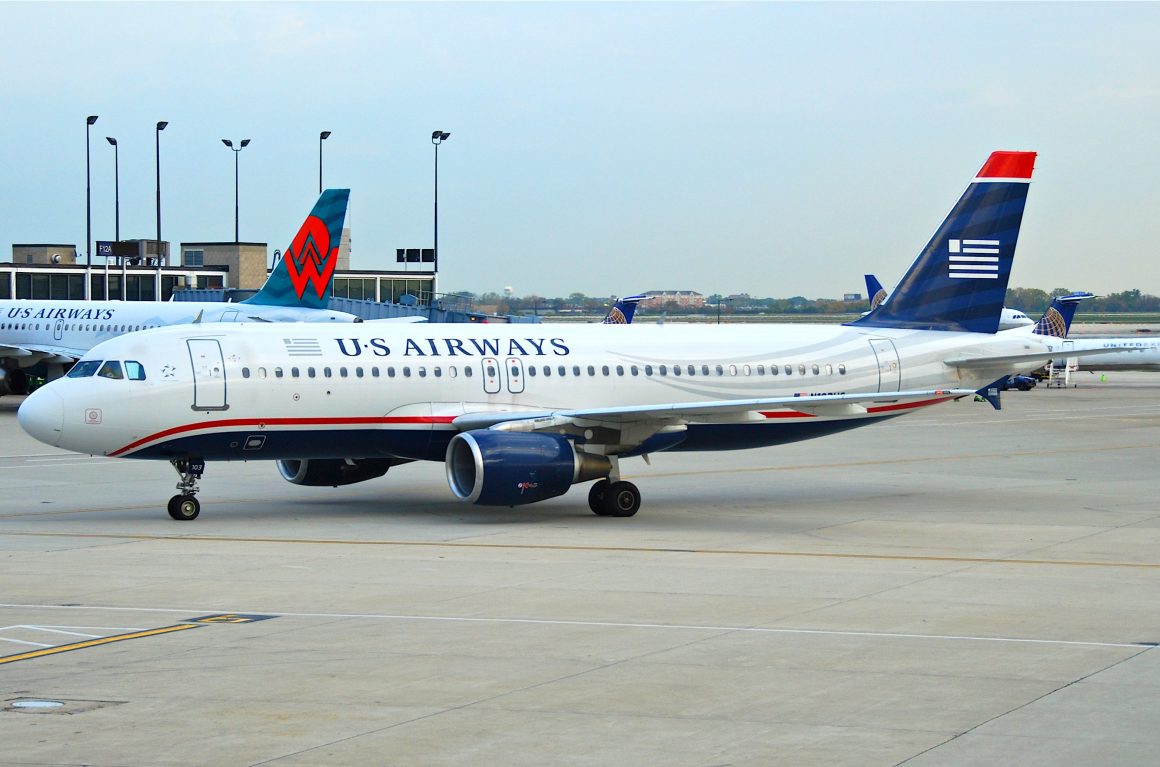
US Airways eventually reorganized, recovered, and went on to merge with America West. With a strengthened balance sheet from that merger, the airline then later joined forces with American Airlines. United chose Continental as their merger partner.
Bob Johnson sold BET but remained as the company’s CEO for years before passing the baton on to Debra Lee. Today, Bob Johnson owns an asset management company called RLJ. He never became an airline CEO. DC Air was never to be.
